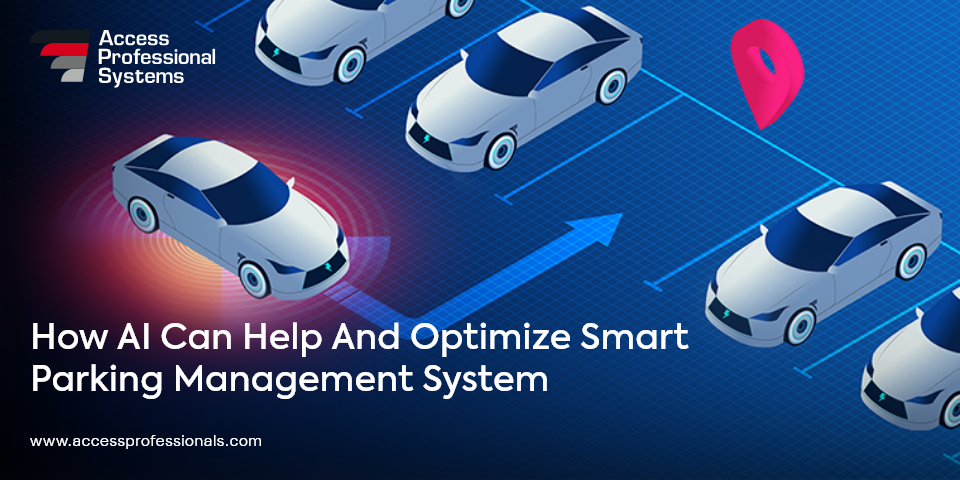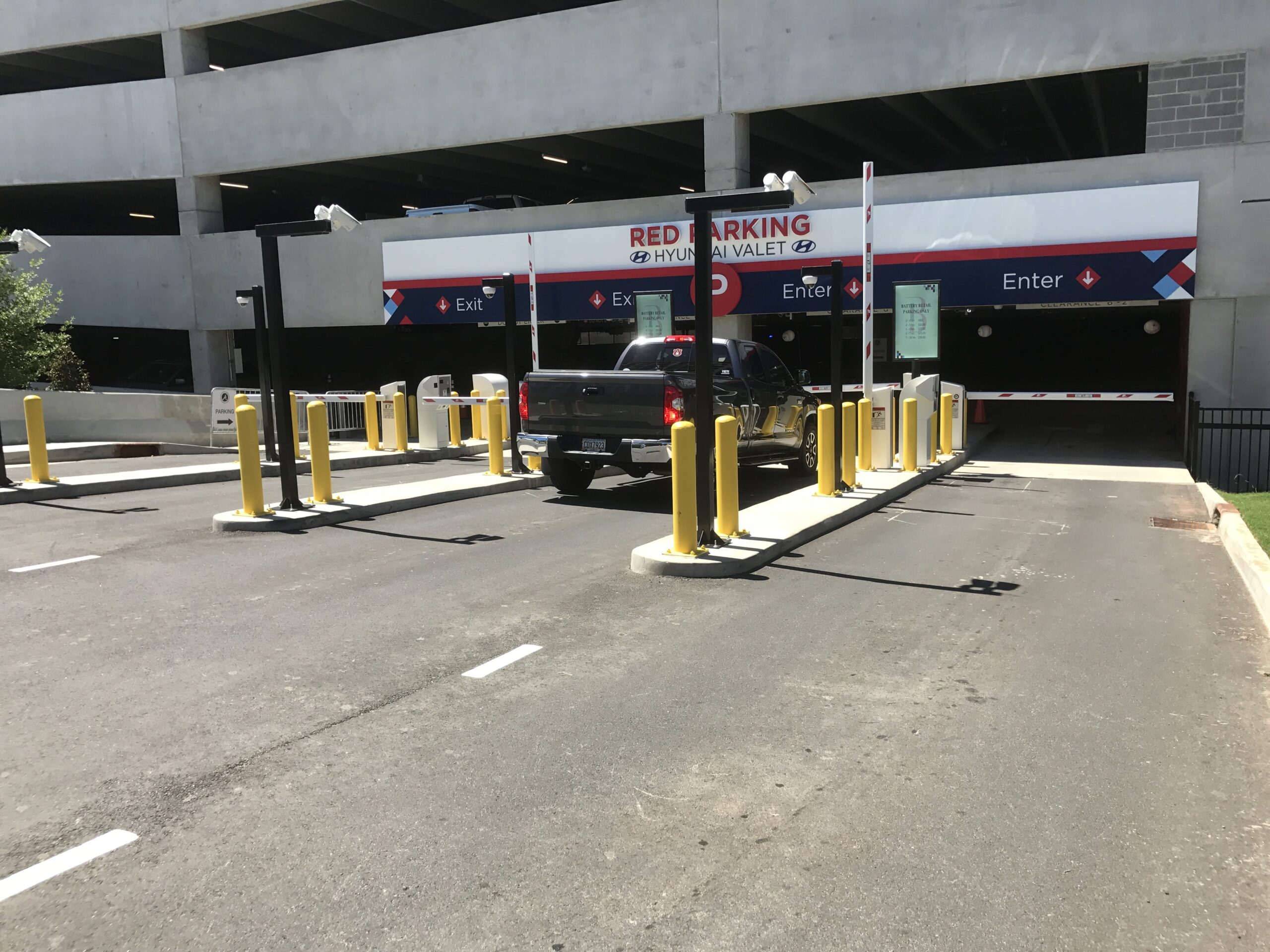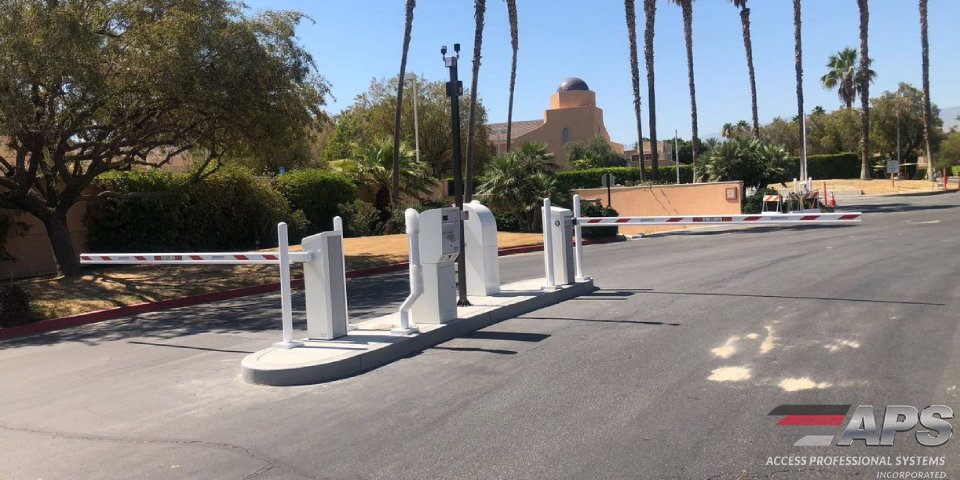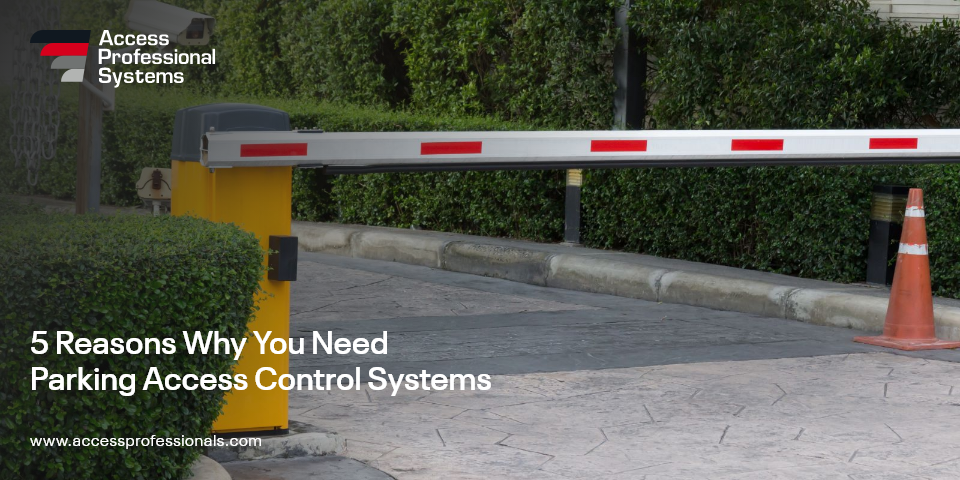
How AI Can Help And Optimize Smart Parking Management System
Imagine driving around a crowded parking lot, searching for an empty space. It’s frustrating, time-consuming, and often leads to unnecessary stress. But what if your parking experience could be smarter, faster, and more efficient? With AI parking technology, this vision is becoming a reality.
Smart parking solutions for cities and businesses have picked up momentum during the last few years. With the use of artificial intelligence, parking facilities have been getting smarter, friendlier. Let us take a closer look into how AI-based parking management is changing the game for this industry and how it would help optimize your parking operations.
What is AI Parking
AI parking refers to the use of artificial intelligence to manage and optimize parking spaces. These systems incorporate smart technology, automating several tasks, such as space allocation, parking guidance, payment, and access control. It uses sensors, cameras, and machine learning algorithms to monitor parking areas and predict availability in real-time.
Unlike traditional parking systems, which require a lot of manual intervention, An AI-based parking management automates most of the process. This is not only time saving but also enhances user experience and reduces the costs.
How AI Can Predict Parking Availability
One of the significant advantages associated with AI-based parking systems is predicting parking availability. They analyze real-time data with AI-based algorithms sourced from sensors and cameras installed in parking areas. The AI system can determine which spaces are occupied, which are available, and even predict when a space will become free.
For example, if a car is leaving their space, the AI parking system can determine when the space will be available by using factors such as parking duration and traffic patterns. This predictive capability reduces the time drivers spend searching for a spot and improves traffic flow within parking lots.
The AI parking systems also have the ability to monitor the usage of parking, thus predicting the peak times and adjusting pricing or availability. For instance, in rush hours or special events, the system can adjust the pricing dynamically to optimize the usage of space.
Benefits of a Smart AI Parking System
Increased Efficiency
The AI-based parking management allows for a more efficient use of space. The system can guide drivers directly to available spots, reducing the need for them to roam around looking for parking. This results in fewer traffic jams within parking facilities and faster entry and exit times.
Improved User Experience
A smart AI parking system offers convenience by providing real-time information about parking availability. Drivers can check for open spaces via an app or digital signage before entering the lot. Some systems even allow drivers to reserve a spot in advance, eliminating the stress of searching for parking.
Reduced Environmental Impact
Reduced time spent searching for parking by AI parking systems can also make an environment-friendly impact. Since the cars are driven around looking for spaces fewer, they are less likely to emit carbon. Smart parking systems may help reduce congestion, hence creating a more sustainable city.
Optimized Revenue Generation
AI can help in the optimization of pricing strategies based on demand, location, and time of day. This maximizes the revenue potential for parking operators. For example, access systems for parking can alter fees during periods of high demand, hence improving the returns for operators but giving them competitive prices to the customers.
Enhanced Security
A parking access system integrated with AI can improve security by monitoring activity within the parking facility. AI can identify unusual behaviors, such as someone loitering or attempting to break into vehicles, and alert security personnel immediately. In addition, AI can help monitor compliance with parking regulations, ensuring that spaces are used as intended.
AI in Parking Access Systems
The integration of AI with a parking access system provides additional benefits. Traditional systems of parking rely on a manual check or outdated ticketing machines. AI, by contrast, allows for frictionless entry and exit with very little human intervention.
For instance, an AI-based parking access system can identify vehicles through LPR technology, allowing for automatic access to authorized vehicles. This eliminates the need for physical tickets, thereby accelerating the entry and exit process. In some cases, the system can even integrate with mobile apps for a completely contactless experience.
Moreover, AI can track the number of times parking spaces are used. Using such data, operators can monitor occupancy so that each parking space could be utilized optimally. For example, if the space is frequently underutilized, operators can use such data from AI to update prices or promote such spaces dynamically.
Case Studies: AI in Action
San Francisco’s Smart Parking System
San Francisco has been using AI to optimize parking for several years. The city’s smart parking system uses sensors and machine learning to predict parking availability and guide drivers to open spaces. By integrating AI with parking access systems, the city has reduced congestion, improved traffic flow, and increased parking revenue.
A Major Shopping Mall
A popular shopping mall in the U.S. has recently installed a smart AI parking system in order to enhance customer experience. The system of the mall can track the real-time availability of parking space, which guides the customers towards vacant spaces using a mobile app. This has reduced time spent searching for parking but increased customer satisfaction and traffic in the mall.
Future of AI in Parking Management
As the demand for smart solutions increases, AI parking systems will continue to evolve. In the future, we can expect more advanced features like autonomous parking, where AI will guide vehicles into parking spaces without human intervention. Moreover, AI will become more integrated with other smart city technologies, thus allowing for a seamless experience between parking, public transportation, and other urban services.
Conclusion
Artificial intelligence is transforming the way people manage parking. From forecasting the availability of parking to the optimization of prices and the enhancement of security, AI parking systems bring with them many benefits to both users and operators of the parking lot. Whether it’s optimizing an access parking system or simply enhancing the experience of a user, AI-based parking management is the future. By reducing traffic, improving efficiency, and generating revenue, AI is the future of smart parking.
If you want to install a smart AI parking system for your property, now is the perfect time. The future of parking has finally arrived, and it’s smarter, more efficient, and more secure than ever before.
Share:



















